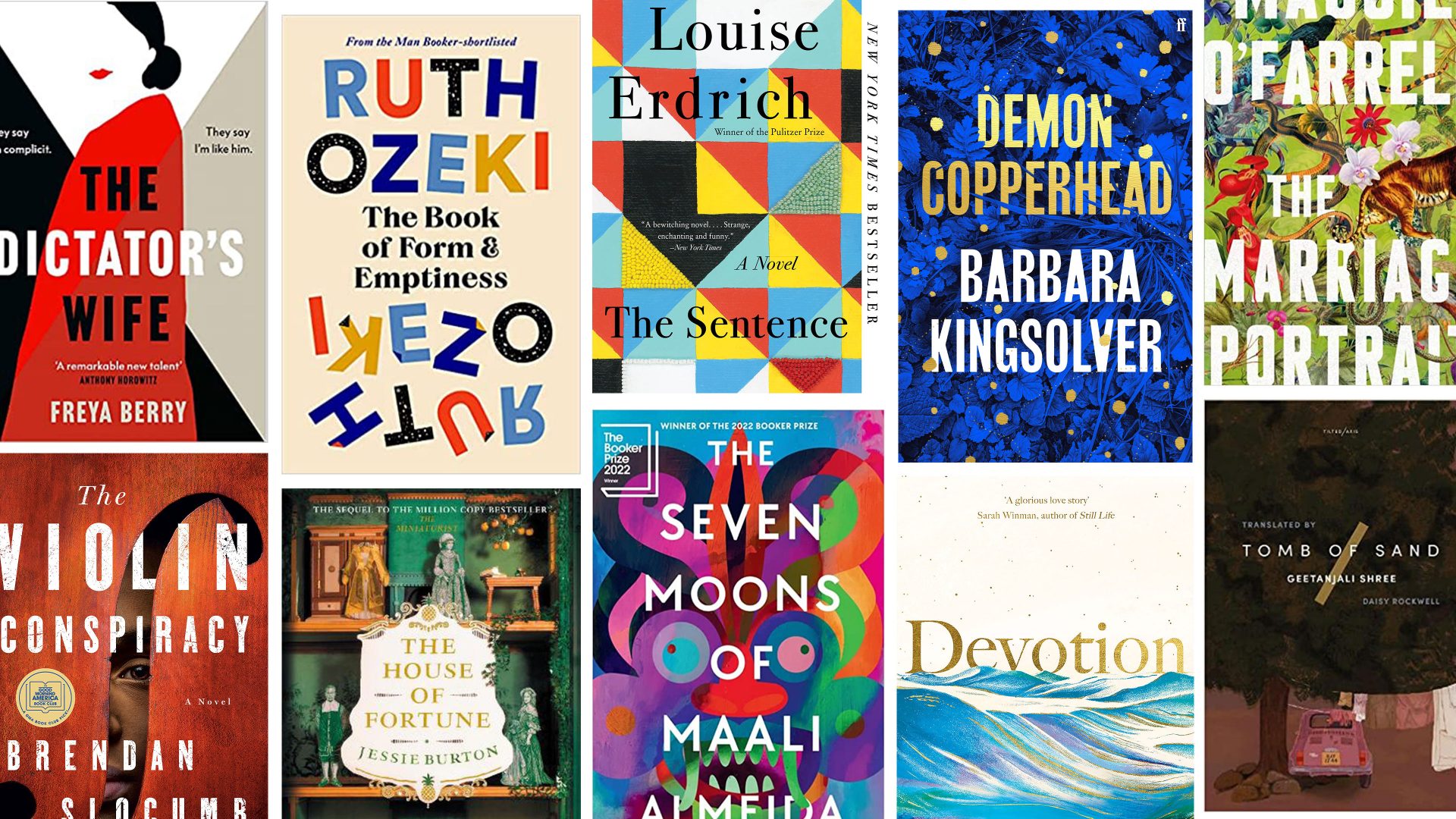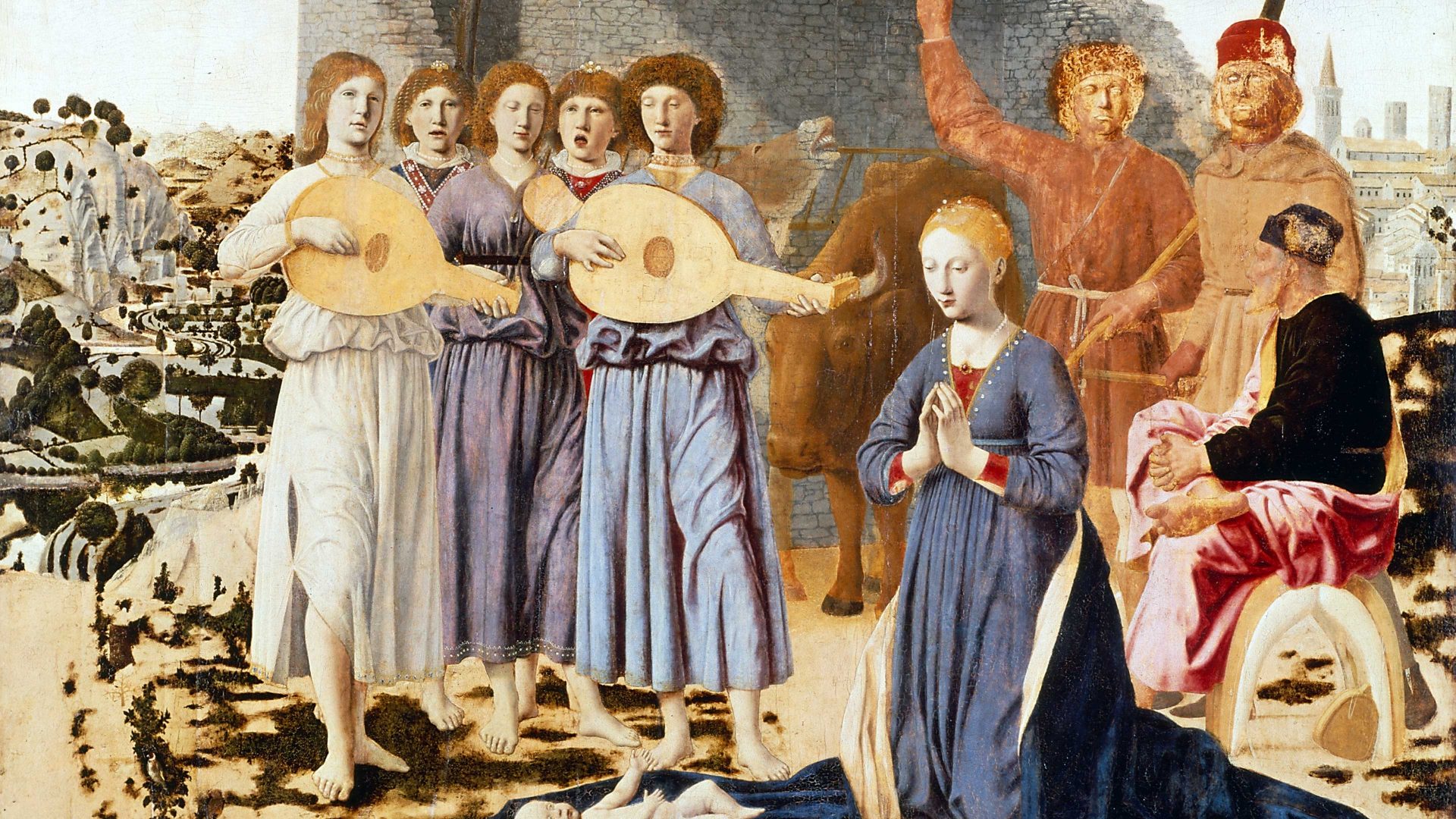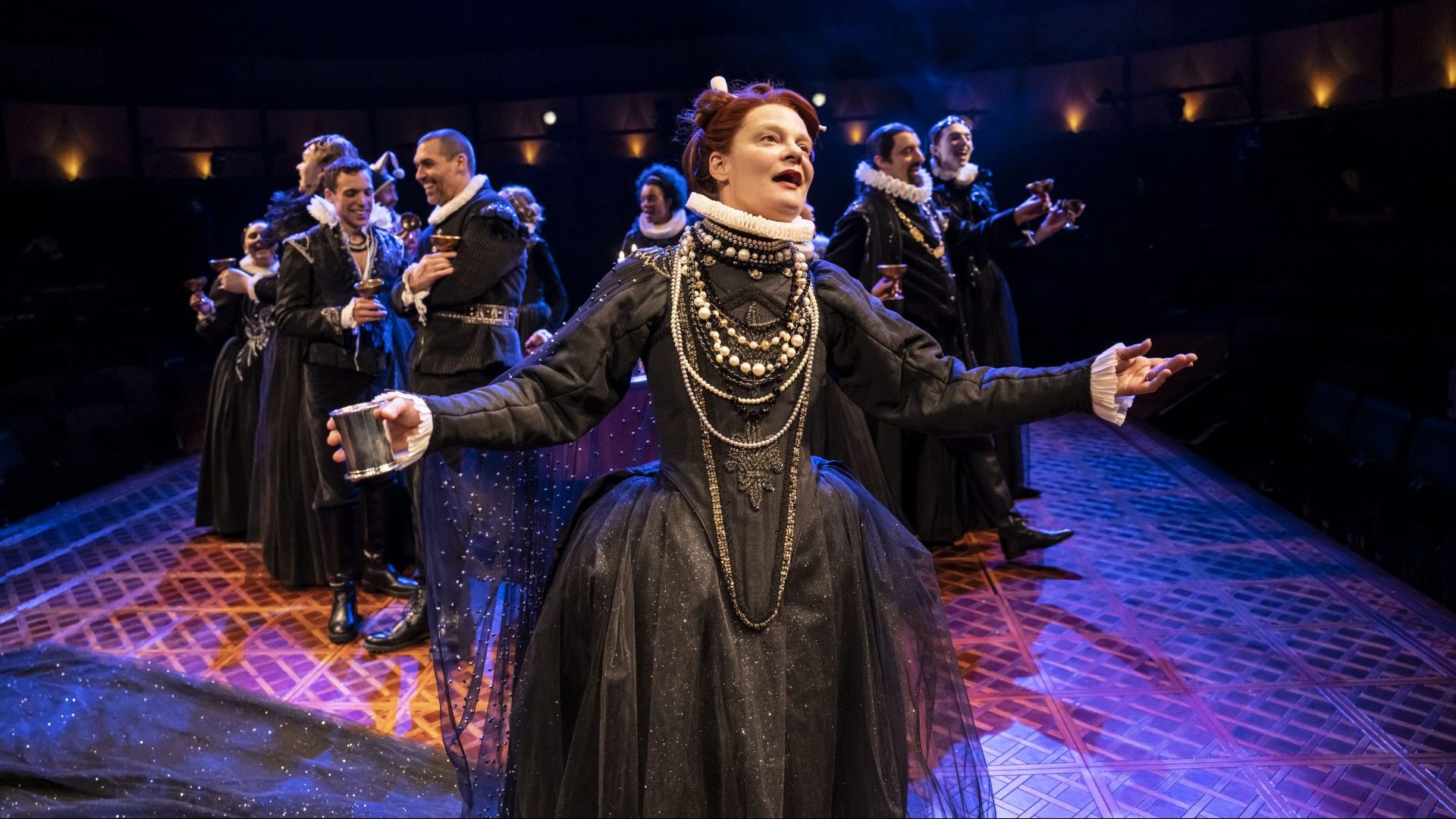For the last two years these annual round-ups have been dominated by Covid-19. While the virus certainly hasn’t gone away, 2022 was at least a
step in the right direction inasmuch as it wasn’t the main story of the year. One could argue that it should have been, of course, but with everyday life
returning to something at least approaching normal – governmental incompetence notwithstanding – we could commence regretting all those
books we meant to read during lockdown but didn’t as well as reflecting on how we failed to write that novel we all felt we had in us.
Fortunately, unlike us feckless dilettantes some people were actually cracking on with writing novels and these books began filtering into the shops during 2022.
Let’s start with the prize winners. The Sri Lankan author Shehan Karunatilaka scooped the Booker this year with his second novel, The Seven
Moons of Maali Almeida (Sort Of Books, £16.99). Now, far be it from me to parp the New European’s horn, but the first UK review of The Seven Moons of Maali Almeida appeared in this column, flagging it up as a copper-bottomed
winner shortly before publication. This newspaper is not just thrown together, you know.
Part ghost story, whodunnit and political satire, the novel follows the posthumous adventures of a newly-dead press photographer given seven days, or moons, after his death during the troubled early 1990s in Sri Lanka to progress from the purgatorial “In-Between” to “the Light” of the ever after.
“You were led to believe death was sweet oblivion,” he’s told, “and you were wrong on both counts.”
Seven Moons is darkly funny, a sobering journey into Sri Lanka’s recent past and a worthy winner of the Booker. It came 10 years after his debut novel, Chinaman; let’s hope it’s not another decade before we see a follow-up to this one.
Ruth Ozeki emerged from a particularly strong shortlist this year to win the Women’s Prize for Fiction with The Book of Form and Emptiness (Canongate, £9.99). The Canadian-American author’s fourth novel is the story of a 14-year-old in Canada of Japanese-Korean heritage who after the death of his father begins to hear voices talking to him from inanimate objects. Ranging across themes of grief, Buddhism, neurodiversity and jazz, it’s a novel that fizzes with wit and intelligence whose prize win was absolutely justified.
Ground was broken in the award of the International Booker Prize when
Geetanjali Shree’s Tomb of Sand (Tilted Axis Press, £9.99) became the first book written in any Indian language to scoop the award. One of the best things about this prize is that the £50,000 is split evenly between author and translator, in this case Daisy Rockwell, whose rendering into English of Shree’s witty tale of an elderly woman given a new lease of life was a major factor in the book’s success.
The sudden death of Hilary Mantel in September rocked the literary world. Fortunately she leaves behind a remarkable literary legacy, not least in the form of the Wolf Hall trilogy, so it is fitting that 2022 has proved to be a
particularly good year for historical fiction.
Among the highlights are Jessie Burton’s The House of Fortune (Picador,
£16.99). It is her follow-up to the wildly successful The Miniaturist, taking the story of Amsterdam’s Brandt family into the 18th century, where they have fallen on hard times and where 18-year-old Thea sets out among a litany of secrets and mysteries to change the family’s fortunes.
Having been a fan of the Australian novelist Hannah Kent since her 2013
debut Burial Rites, I was delighted to find that her third book, Devotion
(Picador, £14.99), published in February, is even better than her first two. Set during the 1830s, Devotion follows a Lutheran family from eastern Prussia as they flee oppression of their particular strand of the Protestant faith to make a new start in the Adelaide Hills of Australia. Ultimately a beautiful queer love story, Devotion is a fine example of modern historical fiction from a novelist who, still in her mid-30s, just seems to get better and better with every book.
Maggie O’Farrell’s The Marriage Portrait (Tinder Press, £25) brought a figure shunted into a minor tributary of the great flow of European history vigorously to life in brilliant fashion. Lucrezia de’ Medici was born in Florence in 1545 to Cosimo I, the Grand Duke of Tuscany, and his wife, Eleanor of Toledo. Her destiny was, like most European women of noble birth, to be the subject of a politically advantageous marriage and at the age
of 13 Lucrezia was betrothed to Alfonso d’Este, the hereditary Duke of Ferrara. They married in 1558 when Lucrezia was 13, Alfonso succeeded his father as Duke the following year, and Lucrezia, Duchess of Ferrara, died
of “putrid fever” a few weeks after her 16th birthday.
O’Farrell puts flesh on the scant bones of the historical record in an absorbing and compelling novel that transports the reader to 16th-century Italy utterly convincingly, making The Marriage Portrait a perfect follow-up
to her 2020 Women’s Prize-winning Hamnet, based on the short life of
Shakespeare’s son.
High up among the most impressive fictional debuts was Joanna Quinn’s
widely praised The Whalebone Theatre (Fig Tree, £14.99), published in July
and deservedly a surprise bestseller on both sides of the Atlantic. A sweeping family saga that runs from the end of the first world war to the
end of the second, the book focuses on Cristabel Seagrave, aged three, with a
new stepmother in residence, at the Dorset pile Chilcombe at the start of the book, and a remarkable young woman by the end. Absorbing the best parts of Kate Atkinson, Evelyn Waugh and Elizabeth Jane Howard, this is a book to sink into and be propelled along by its brilliant storytelling. Few debuts have been as assured as this; Quinn is a frighteningly talented writer.
Louise Erdrich’s The Sentence (Corsair, £20) brings us right up to date, the novel’s events playing out between November 2019 and November 2020. Erdrich had intended a fairly straightforward literary ghost story set in a Minneapolis bookshop, much like the one she runs herself, but when George Floyd was murdered by a police officer a few streets away from her shop while she was writing the book and the Covid-19 pandemic swept across America, The Sentence evolved into a lyrical commentary on contemporary events.
The Whalebone Theatre and The Sentence succeed partly because they are infused with a deeply human warmth, something particularly true of Barney Norris’s Undercurrent (Doubleday, £16.99). Few novelists can write with as much kindness and ultimate faith in the goodness of humanity as Norris does, especially in a way that is never syrupy or over-sentimental, and Undercurrent is a beautiful story of grief, love and the legacy of family history.
A late contender among the year’s best fiction comes in the form of Barbara Kingsolver’s ingenious Demon Copperhead (Faber & Faber, £20), which takes Charles Dickens’ David Copperfield and relocates it to the Southern Appalachian mountains in West Virginia and the contemporary opioid crisis facing the US. Clocking in at 560 pages it’s not a light read, but the eponymous Demon’s journey from birth in a trailer to teenage addiction is so wonderfully and heartbreakingly drawn you’ll be hooked from the opening David Copperfield-adjacent “First, I got myself born…”.
Staying in America, I was intrigued enough by the sound of Brendan Slocumb’s The Violin Conspiracy (Anchor Books, £28) to track down a copy despite it proving strangely difficult to source on this side of the Atlantic. Its story of Ray, an exceptionally talented black classical violinist from a poor background who inherits what turns out to be a priceless fiddle that once belonged to his grandfather, has much to say about racism, stereotyping and privilege. Music is hard to pull off in fiction, but Slocumb is utterly convincing in his descriptions of Ray’s performances as well as his evocation of the blatant racism Ray faces at every turn. A terrific novel that I hope will be easier to find for UK readers in 2023.
My best fiction pick for 2022 brings us right to the heart of Europe and a stunning debut novel by Freya Berry. The Dictator’s Wife (Headline, £16.99) displays astonishing maturity for such a young novelist, creating not only
vivid, unforgettable characters but also an entire fictional eastern European nation, one so convincing you’re half-tempted to reach for an atlas and check it’s not actually there.
Set in 1993 after the collapse of the Soviet Union, Berry’s book revolves around the enigmatic, sinister figure of Marija Popa, the former first lady of
communist Yanussia whose presence still by turns enthrals and terrifies the
people of the fledgling democracy. When a team of lawyers arrives in the country from the UK as Popa’s defence team in what promises to be a
spectacular trial for money laundering, the traumatised history of eastern Europe in the 20th century bubbles to the surface in unlikely places.
The Dictator’s Wife is gripping, thrilling and remarkably assured. There were a great deal of excellent novels published in 2022, but for me none topped this one. Roll on 2023.




